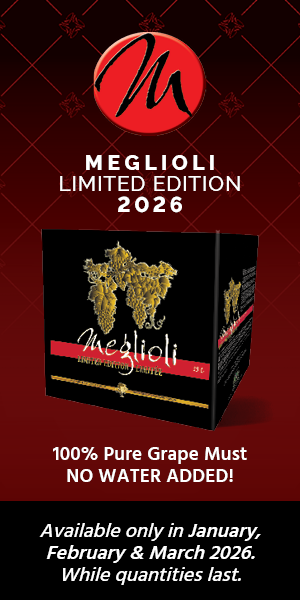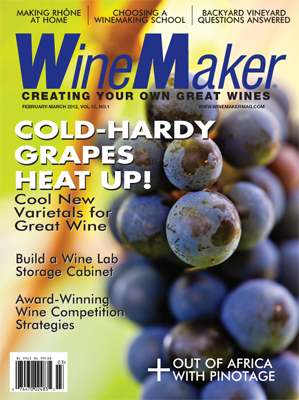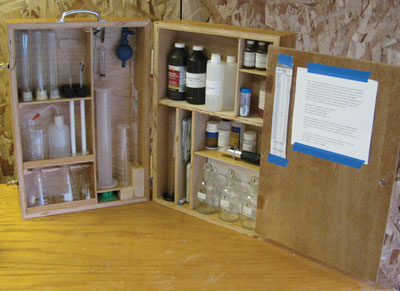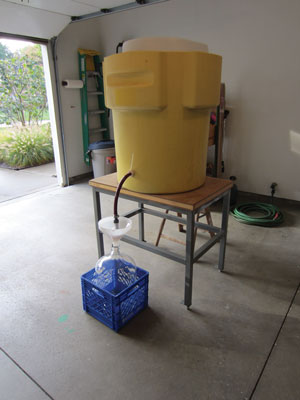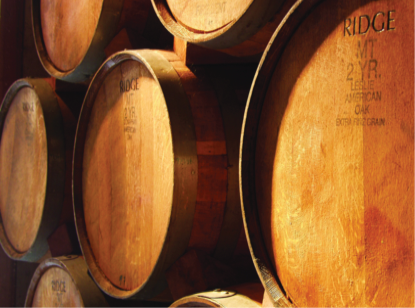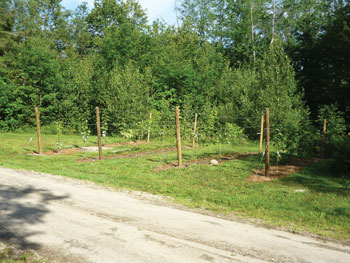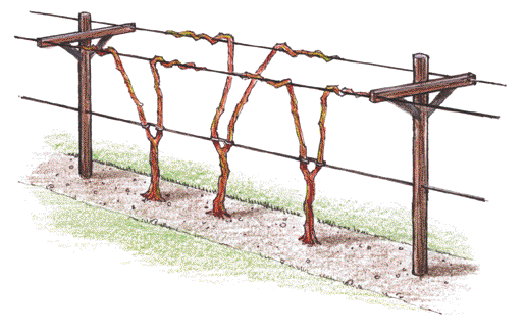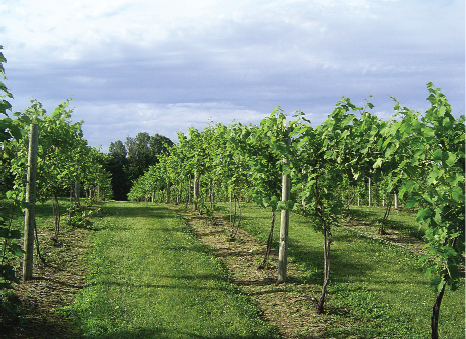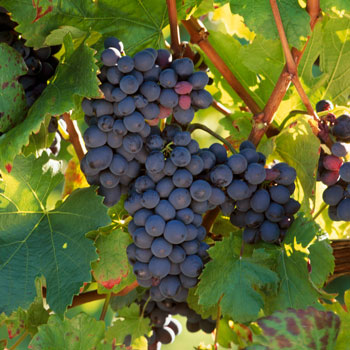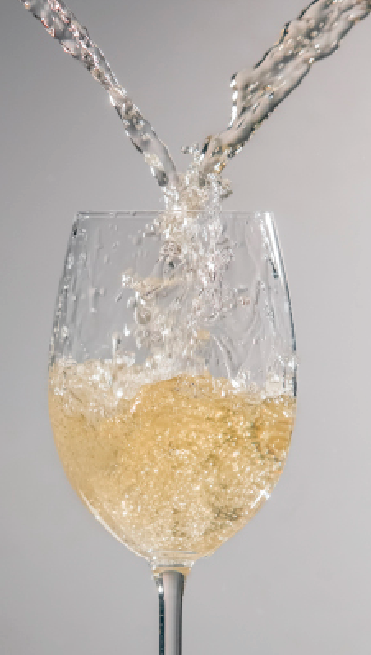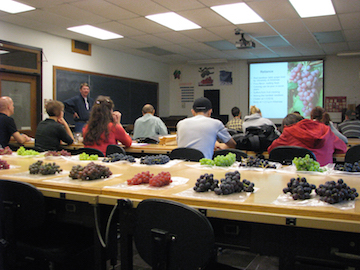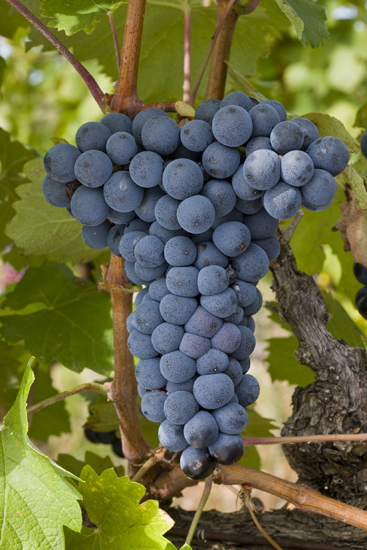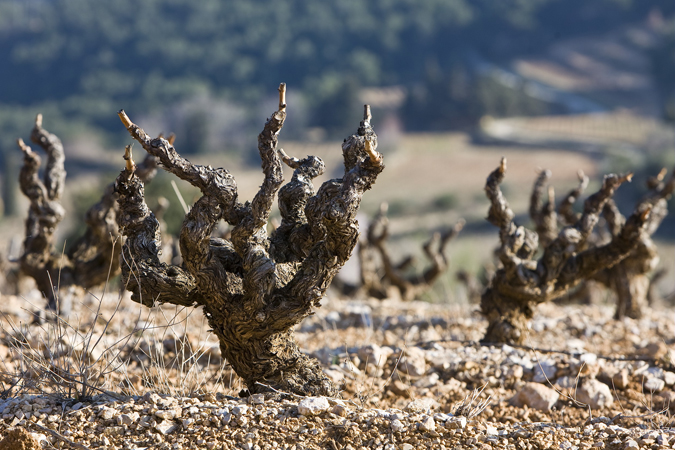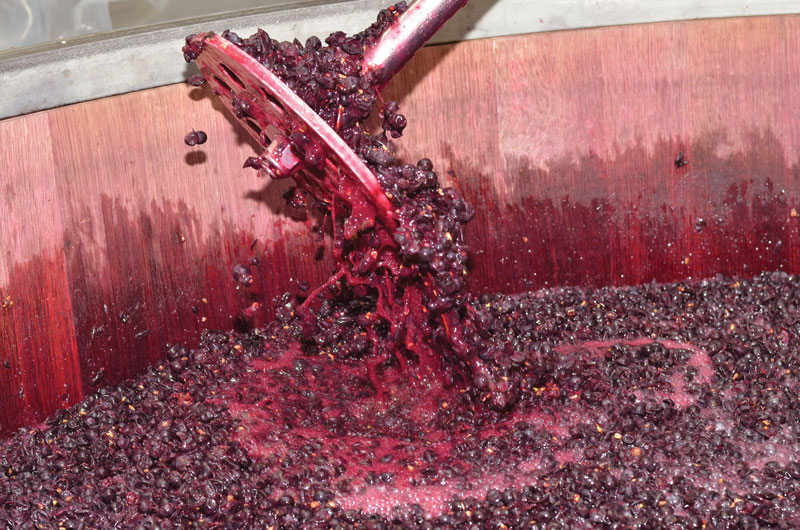Feb-Mar 2012
Lab Equipment: Storage Cabinet
Over the years I have accumulated lots of pieces of fairly delicate labware to perform a number of winemaking tests. After recently remodeling my garage winery with some cast off kitchen cabinets
Fermentation Temperature Control
This cooling setup keeps wine must within just a few degrees of target temperatures.
Evaporation Clarification, “Big” Reds, and Mold Malady
Remember, every time you open your barrel, you introduce air and potentially some undesirable spoilage organisms.
Vineyard Queries: A Year of Questions and Answers
This past year brought challenges and rewards for home vineyardists — and also a lot of questions for our vineyard expert Wes Hagen.
Cold Climate Grape Growing
Indeed, for 4–6 months of the year, the frigid and snowy landscape hardly seems like a great place to plant a vineyard. Temperatures in January and February drop sufficiently low to kill
Pinotage: The Red Grape of South Africa
Pinotage is the most recognized — though not the most widely grown — South African red wine grape.
Blending Basics
In this article, Michael Larner discusses the wines of the Rhône region of France, and one of the most important winemaking parts of Rhône winemaking is blending. Learn about the basics of
Moldy Grape Press
I certainly wouldn’t throw the baby out with the bathwater or the crush equipment out with the sanitizing solution in this case. A little accumulated mold on a wooden basket press or
Big Reds Aging Time
So sorry to hear you had a bad year with the powdery mildew. Many growers in California were challenged by 2011, as the cooler weather left lots of us battling botrytis, rot
Wine Education
Maybe you made a truly spectacular batch of Cabernet Sauvignon two years ago and haven’t been able to make another like it since and can’t figure out why. Maybe you’ve been making
Rhône Wines
Running up a 12-inch (30-cm) wide, rock, one-sided staircase with no handrails from one terrace to another, all more than 30% sloped, I pause to capture my balance, which has now shifted behind
An Enology Education: Tips from the Pros
If you are thinking about taking your amateur winemaking to a more professional level, it might be time to consider taking some winemaking classes. In this issue, two wine school instructors discuss some tips for finding your way in winemaking school.
Potassium Sorbate Post-MLF
If your primary fermentation (sugar to alcohol) is complete you shouldn’t have to add any potassium sorbate to your wine. In fact, adding sorbate to wine after performing malolactic fermentation (ML) can
Rhône in a Box: Wine Kits
A good winemaker understands not only his or her grapes and where and how they are grown, but also his or her techniques of elaboration and the greater context of the wine
